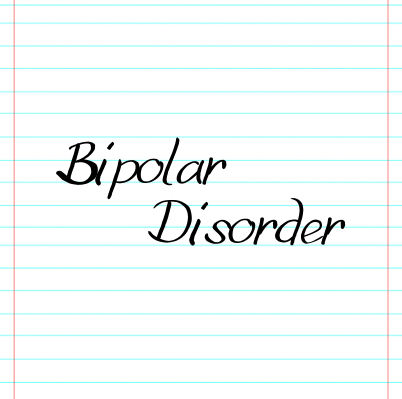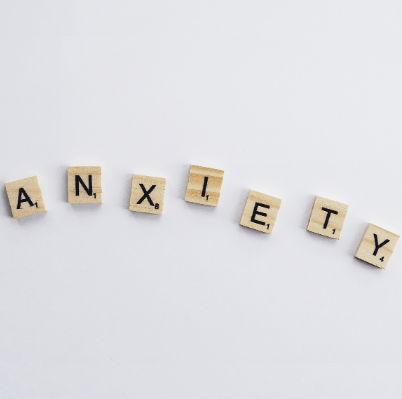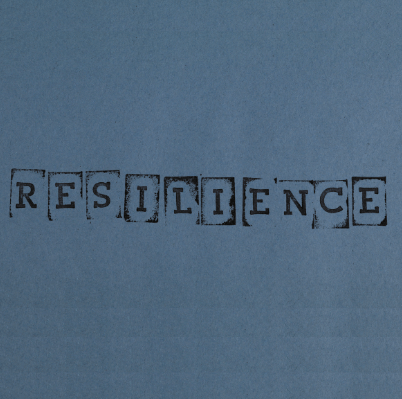Depression is a common mood condition and any one of us, irrespective of age, gender or background can be affected. While depression can happen to anyone, people who come from disadvantaged backgrounds, have lived through abuse, severe losses or other stressful events are more likely to develop depression. Women are more likely to be diagnosed with depression.
It is characterised by a persistent low mood that can last a long time or keeps returning and affects your day to day life.
Depression can affect your thinking, energy, feelings and behaviour. It can vary from mild to severe and for some people, has a profound impact on every aspect of the individual, their relationships, family and work life.
While depression may require lifelong management, it is possible to minimise the impact by accessing information and support, and finding ways to manage the condition that work for you.
How does depression affect me?
Although depression may only occur once in your life, typically people experience multiple episodes in their lifetime. At Aware we describe depression as having eight main symptoms.
- F eeling – sad, anxious, guilty
- E nergy – low energy, feeling tired or fatigued
- S leeping – under or over-sleeping, any change to normal sleep pattern
- T hinking – poor concentration, thoughts slowed down
- I nterest – loss of interest in hobbies, family or social life
- V alue – low self esteem
- A ches – physical aches and pains with no physical basis
- L ife – loss of interest in living, thinking about death, suicidal thoughts
In this short video, some of our lived experience ambassadors bravely share their different experiences of depression.
Performer Mary McEvoy and actors Maclean Burke and Jennifer Barry share their experiences of depression.
What can I do about depression?
If you think you think you are experiencing depression or have five or more of the symptoms listed above for a period of two weeks or more, we recommend that you speak to your GP or a mental health professional. This will help you to get a correct diagnosis and decide which approach to treatment is best for you. To find a GP in your area, contact the Irish College of General Practitioners on 01 676 3705.
If you believe a loved one may be experiencing depression, we suggest you access our information specifically for relatives here.
Overview of Aware Services which may be helpful for you.
Finding the words: How to talk to your GP about your mental health.
Learning to cope with depression
There are a number of treatment options available that you can discuss with your GP – lifestyle changes, talk therapies, medication or a combination of these.
Some other suggestions include:
- It’s important to prioritise and take care of your physical health. There are strong links between physical and mental health and we encourage everyone to exercise regularly, eat a balanced diet, spend time outdoors in nature and maintain a good sleep routine.
- Be mindful of your alcohol consumption. Alcohol is a depressant and can be a potent trigger to low mood, especially in individuals prone to depression. It can also interact dangerously with some medications.
- Many studies indicate that cognitive behavioural therapy (CBT) can
be effective in the treatment of mild to moderate depression. CBT can
help you understand the relationship between thoughts, feelings and
behaviours and equip you with the tools to break the cycle of unhelpful
thinking and behaviour. Aware offers free evidence based group and
online programmes based on the principles of CBT. Learn more here. - Consider incorporating relaxation techniques such as breathing exercises, yoga and mindfulness into your routine. Aware offers a free Mindfulness Based Stress Reduction Programme designed to reduce anxiety, depression and stress. Learn more here.
- You might find it helpful to keep a gratitude diary, noting three good things that happen each day or three things that you accomplished
throughout the day.
Above all, do not try to deal with depression on your own.
Reach out to family and friends, use the support that is available.
Keep support line numbers close to hand and consider attending a support group. Talking to someone who understands can bring reassurance and enable you to learn new coping skills
Aware has a number of free services that offer support and information, find out more >>
Helpful talks on depression
If you would like to do some further reading, please see Aware’s Recommended Reading List.
Social connection as a tool through
depression and bipolar disorder
Depression: Medication? Talking therapies? The ongoing debate
Feeding your mental health
Sleep well to live well
Depression & mindfulness: Evidence for the efficacy of mindfulness & meditation
The role of self-compassion in
anxiety and depressive disorders







